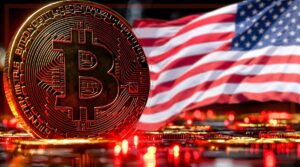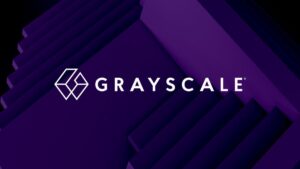The attorneys of Do Kwon have asked a U.S. court for the dismissal of charges brought against him by the Securities and Exchange Commission (SEC), in part due to a lack of jurisdiction, according to recent court documents.
The court records disclose that UST is a currency, not a security, and members of the Terra community created decentralized applications that provide new use cases for UST and LUNA, such as the Mirror Protocol and the Anchor Protocol.
Kwon was recently detained in Montenegro for trying to fly using fake IDs. Kwon has been evading regulators since his multi-billion dollar crypto business failed in May 2022. Then, the SEC accused the South Korean citizen of securities fraud after his arrest.
However, the lawyers stated that the digital assets highlighted in the case do not fall under the scope of the SEC because they are a currency and not a security.
“The AC [amended complaints] asserts violations of the registration and antifraud provisions of the federal securities laws with respect to UST, LUNA, wLUNA, mAssets, and MIR tokens,” Kwon’s lawyers maintained. “According to the AC’s own allegations, as well as the materials incorporated by reference, those claims fail.”
Furthermore, according to the motion to dismiss the charges, the regulator failed to establish “personal jurisdiction” in the civil action taken against Kwon since the products mentioned by the SEC were “available to the world and not directed at U.S. persons.”

Luna is not a Security, Korean court rules
Meanwhile, a local source on Monday revealed that a South Korean district court threw out allegations of security offenses against former Terraform Labs CEO and co-founder Hyun-seong Shin. The court determined that, in accordance with Korea’s Capital Markets Act, LUNA-the native token of the LUNA ecosystem-is not a security. The court said,
“It is difficult to view Luna Coin as a financial investment product regulated by the Capital Markets Act.”
These recent developments highlight the ongoing debate over whether digital assets should be classified as securities or currencies. While some argue that they should fall under the jurisdiction of the SEC and be subject to securities laws, others maintain that they are simply a form of currency and should be regulated as such.
However, the decisions in the Kwon and Shin cases could have implications for future cases involving digital assets, as regulators, especially the American SEC, continue to struggle with how to classify and regulate this emerging asset class.










